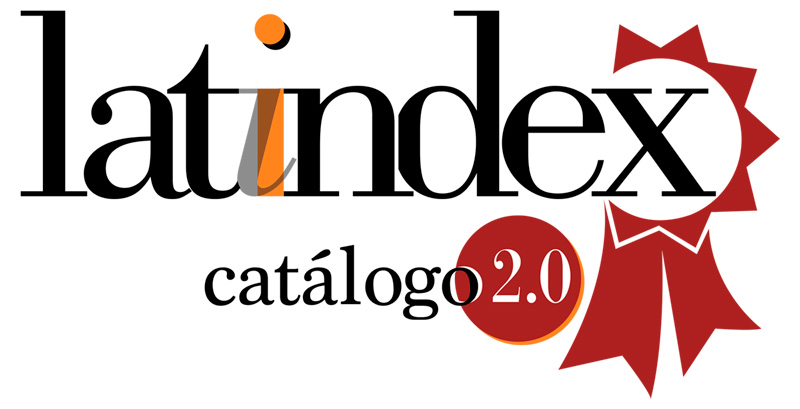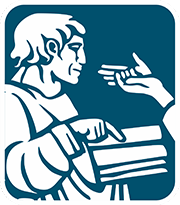The Libertarian Emotivism and Their Afttermath
Freedom, without Reference from the Human Condition, makes desires rights
DOI:
https://doi.org/10.35626/sv.18.2014.43Keywords:
Emotivism, liberalism, university, law, Jean Jacques Rousseau, Thomas HobbesAbstract
This work presents a proposal for understanding the ethical crisis that lies behind a series of claims that are based on freedom and searching to transform certain rights appetites. There is an anthropological background that favors the desires and denies the possibility of a human nature capable of shaping the walking of individuals. Along with previously studied idols of power, money, fame and pleasure, it seems that a new idol, the libertarian emotivism. This new idol is the common denominator of the current unilateral divorce, continued attempts to decriminalize abortion and projects about civil unions. Has chosen a philosophical-anthropological perspective. In this way it ranks as the modern benchmark for excellence is Jean Jacques Rousseau, and even when the liberal legalism was won by Thomas Hobbes, in vitalism emotivist the big posthumous winner is the first: the good downright wild supports neither the limits of the law or the human condition. Made the diagnosis, the suggestion is to place again, freedom in all the radicals of human existence. A freedom that embraces the truth of the human being in all its breadth and depth. Orphan freedom of the truth of human nature does nothing more than impoverish human reality.









